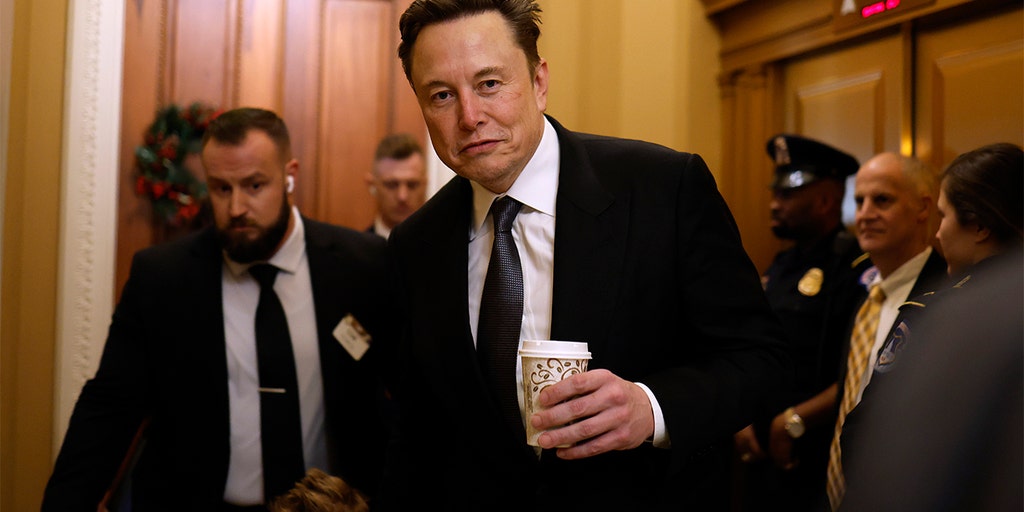Japan Faces Potential US Tariffs Amid Trade Talks with Trump

President Trump's meeting with Japanese Prime Minister Shigeru Ishiba highlighted the potential for U.S. tariffs if Japan does not increase purchases from the U.S. While Ishiba praised Trump and attempted to strengthen relations, concerns about trade and security dominated discussions amid regional tensions.
Japan could soon face U.S. tariffs if it doesn't take steps to buy more from the United States, President Donald Trump said Friday after a meeting with Japanese Prime Minister Shigeru Ishiba. This warning reflects Trump's strategy to exert economic pressure on allies while navigating international trade relationships.
Ishiba, the second foreign leader to meet with Trump since he regained the presidency, attempted to strengthen ties that had previously flourished between Trump and former Prime Minister Shinzo Abe, who was assassinated in 2022. Despite Ishiba's efforts, including flattery and praise for Trump, he faced challenges in replicating the warm rapport that Abe maintained with the U.S. leader.
Throughout the meeting, Trump avoided directly criticizing Japan's trade surplus, but he did raise the prospect of tariffs, which could impose a reciprocal charge on nations based on their trade practices. "We're going to have tariffs, mostly reciprocal tariffs... I think that's the only fair way to do it," Trump explained.
Ishiba responded to the negotiations by committing to purchase more U.S. energy exports in an effort to alleviate the trade surplus. However, Japanese officials recognized the meeting as a chance to reinforce U.S. security commitments and express concerns about the growing threats from China and North Korea.
As Japan grapples with regional security tensions and an evolving political landscape, there are apprehensions regarding what potential economic policies from a second Trump term might entail, especially in light of Trump's history of implementing tariffs on several nations.
Nevertheless, experts argue that Japan aims to sustain a strong alliance with the United States, emphasizing mutual defense commitments and addressing the threats posed by rival nations, particularly China.


















